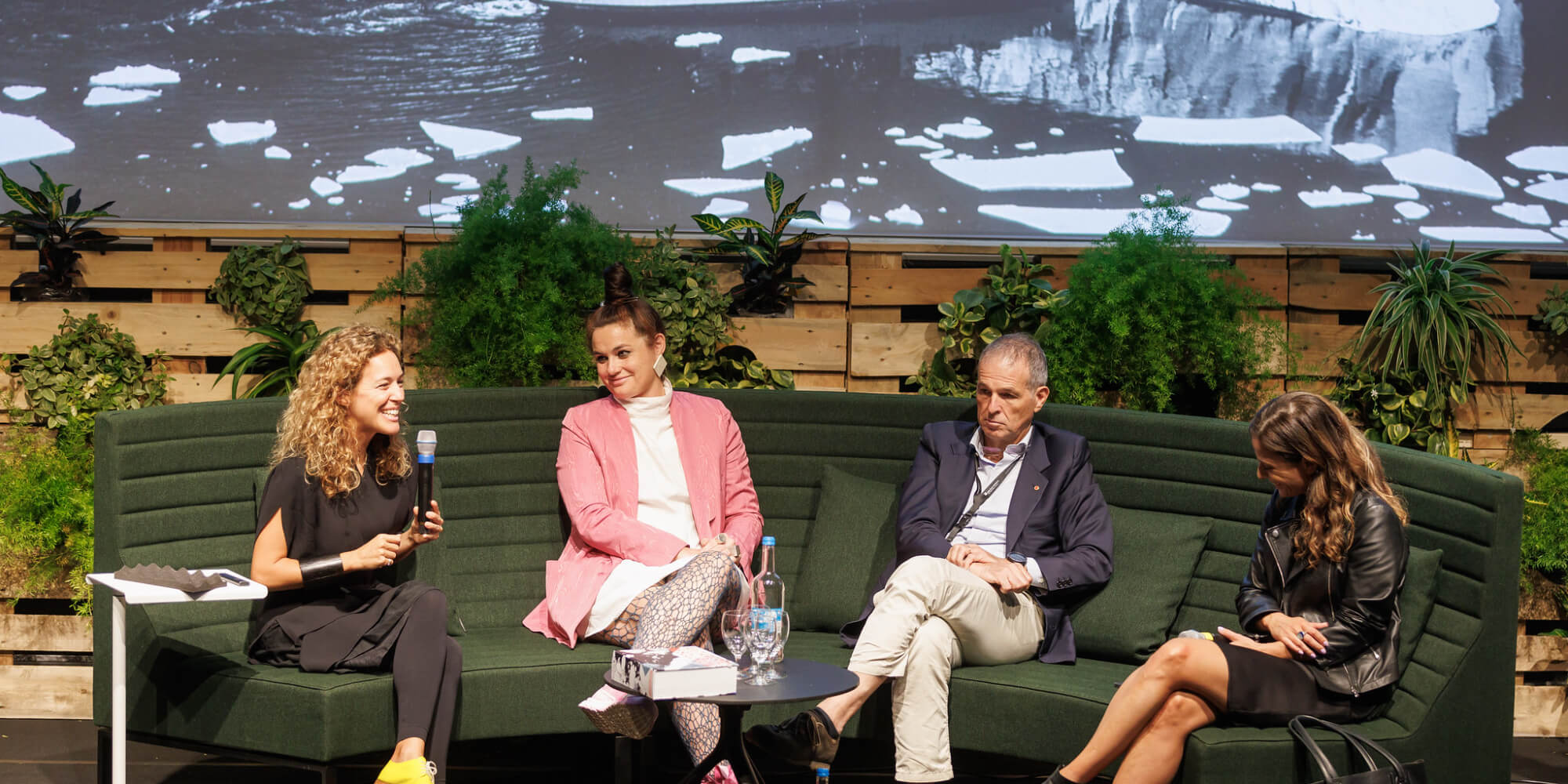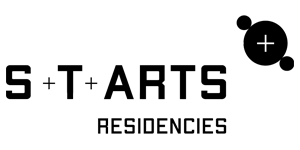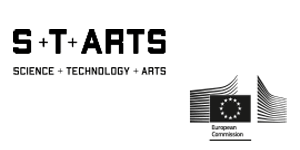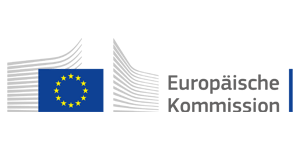Panel Discussion with Q&A
Giulia Foscari (IT), Eva Franch i Gilabert (ES/CAT/US) and Carlo Barbante (IT) speak with Francesca Bria (IT) about their involvement in Antarctic Resolution, a transnational and multidisciplinary collective effort with the ambition of raising awareness on the pivotal importance of the Antarctic in the global ecosystem and to mobilize the general public to speak-up for Antarctica as Global Commons without indigenous peoples.
The extreme conditions found in the Southernmost continent of planet Earth are the result of an underlying climatic cycle which is prone to human interference. This panel looks at why Antarctica has been called the ultimate continental laboratory and how the data obtained by research teams will enhances the prediction of future climate scenarios and the development of proper mitigation strategies.
Informing the trios discussion is the 2022 S+T+ARTS Day’s theme of Repairing the Present, highlighting the power of the arts as catalyst to both bring together and disseminate scientific knowledge and inspire (climate) action.
Chair:
Francesca Bria (IT)
Speakers:
Giulia Foscari (IT)
Eva Franch i Gilabert (ES/CAT/US)
Carlo Barbante (IT)
Biographies
 Francesca Bria (IT) is the President of the Italian National Innovation Fund and Honorary Professor of the Institute for Innovation and Public Purpose at UCL in London. She is a Senior Advisor to the United Nations (UN-Habitat) on Digital Cities and Digital Rights. Francesca Bria leads the DECODE project on data sovereignty in Europe and is a member of the European Commission’s High Level Expert Group on the Economic and Societal Impact of Research and Innovation (ESIR). Francesca holds a PhD in Innovation and Entrepreneurship from Imperial College, London, and an MSc in Digital Economy from the University of London, Birbeck. She has taught at several universities in the UK and Italy and advised governments, public and private organisations.
Francesca Bria (IT) is the President of the Italian National Innovation Fund and Honorary Professor of the Institute for Innovation and Public Purpose at UCL in London. She is a Senior Advisor to the United Nations (UN-Habitat) on Digital Cities and Digital Rights. Francesca Bria leads the DECODE project on data sovereignty in Europe and is a member of the European Commission’s High Level Expert Group on the Economic and Societal Impact of Research and Innovation (ESIR). Francesca holds a PhD in Innovation and Entrepreneurship from Imperial College, London, and an MSc in Digital Economy from the University of London, Birbeck. She has taught at several universities in the UK and Italy and advised governments, public and private organisations.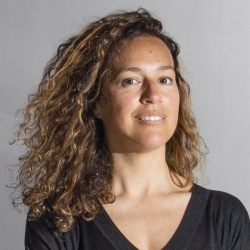 Giulia Foscari W. R. (IT) is an architect, researcher and activist who has been practising in Europe, Asia and the Americas. She is the founder UNLESS, a non-profit agency for change devoted to interdisciplinary research on extreme environments, and of its alter ego UNA, an architecture studio focussed on cultural projects. Giulia’s past work experience includes an extensive collaboration with Rem Koolhaas and with Zaha Hadid. She taught at Hong Kong University and at the Architectural Association in London, where she ran a Diploma Unit and founded the Polar Lab. The work of UNA and UNLESS was exhibited in multiple editions of the Biennale di Venezia and other international venues, including the Museo Nacional Thyssen Bornemisza in Madrid. Giulia authored Elements of Venice (Lars Müller Publishers, 2014) and is the editor of Antarctic Resolution (Lars Müller Publishers, 2022). She is a member of the International Council of the Museum of Modern Art (MoMA), and a Board Member of the Fondazione Musei Civici di Venezia and of the Antarctic and Southern Ocean Coalition (ASOC).
Giulia Foscari W. R. (IT) is an architect, researcher and activist who has been practising in Europe, Asia and the Americas. She is the founder UNLESS, a non-profit agency for change devoted to interdisciplinary research on extreme environments, and of its alter ego UNA, an architecture studio focussed on cultural projects. Giulia’s past work experience includes an extensive collaboration with Rem Koolhaas and with Zaha Hadid. She taught at Hong Kong University and at the Architectural Association in London, where she ran a Diploma Unit and founded the Polar Lab. The work of UNA and UNLESS was exhibited in multiple editions of the Biennale di Venezia and other international venues, including the Museo Nacional Thyssen Bornemisza in Madrid. Giulia authored Elements of Venice (Lars Müller Publishers, 2014) and is the editor of Antarctic Resolution (Lars Müller Publishers, 2022). She is a member of the International Council of the Museum of Modern Art (MoMA), and a Board Member of the Fondazione Musei Civici di Venezia and of the Antarctic and Southern Ocean Coalition (ASOC). Eva Franch i Gilabert (ES/CAT/US): Architect, curator, and critic specialized in curatorial activism, alternative pedagogies and planetary practices. Franch is a founder and co-curator of MODEL, a new annual experimental architecture festival organized by the city government of Barcelona, the first event leading up to the Barcelona Architecture World Capital events and UIA congress in 2026. She is also the Head of the Future Architectures Platform at the Academy of Arts, Architecture & Design at UMPRUM in Prague. Franch is the former Director of the AA Architectural Association School of Architecture in London and the Storefront for Art & Architecture in New York. Franch has taught at Princeton University, Columbia University GSAPP, The Cooper Union, Rice University School of Architecture, IUAV University of Venice, and SUNY Buffalo and has received numerous honours and awards including grants from the National Endowment for the Arts, the Graham Foundation and the US State Department. In 2014 she was the commissioner and co-curator of the US Pavilion at the Venice Architecture Biennale with the project for collective practice OfficeUS.
Eva Franch i Gilabert (ES/CAT/US): Architect, curator, and critic specialized in curatorial activism, alternative pedagogies and planetary practices. Franch is a founder and co-curator of MODEL, a new annual experimental architecture festival organized by the city government of Barcelona, the first event leading up to the Barcelona Architecture World Capital events and UIA congress in 2026. She is also the Head of the Future Architectures Platform at the Academy of Arts, Architecture & Design at UMPRUM in Prague. Franch is the former Director of the AA Architectural Association School of Architecture in London and the Storefront for Art & Architecture in New York. Franch has taught at Princeton University, Columbia University GSAPP, The Cooper Union, Rice University School of Architecture, IUAV University of Venice, and SUNY Buffalo and has received numerous honours and awards including grants from the National Endowment for the Arts, the Graham Foundation and the US State Department. In 2014 she was the commissioner and co-curator of the US Pavilion at the Venice Architecture Biennale with the project for collective practice OfficeUS.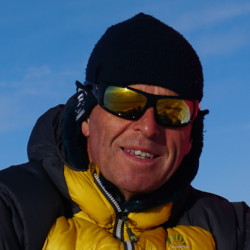 Carlo Barbante (IT) is the director of the Institute of Polar Sciences of the CNR and Professor at the Ca’Foscari University of Venice. He works as a paleoclimatologist through the analyses of polar ice cores.
Carlo Barbante (IT) is the director of the Institute of Polar Sciences of the CNR and Professor at the Ca’Foscari University of Venice. He works as a paleoclimatologist through the analyses of polar ice cores.Credits
The Panel Discussion “Ecology Networks” held in the framework of S+T+ARTS Day, is kindly sponsored by Greiner AG.
S+T+ARTS Day is supported by the European Project Repairing the Present which has received funding from the European Commission’s Directorate-General for Communications Networks, Content and Technology under grant agreement LC01641664.
